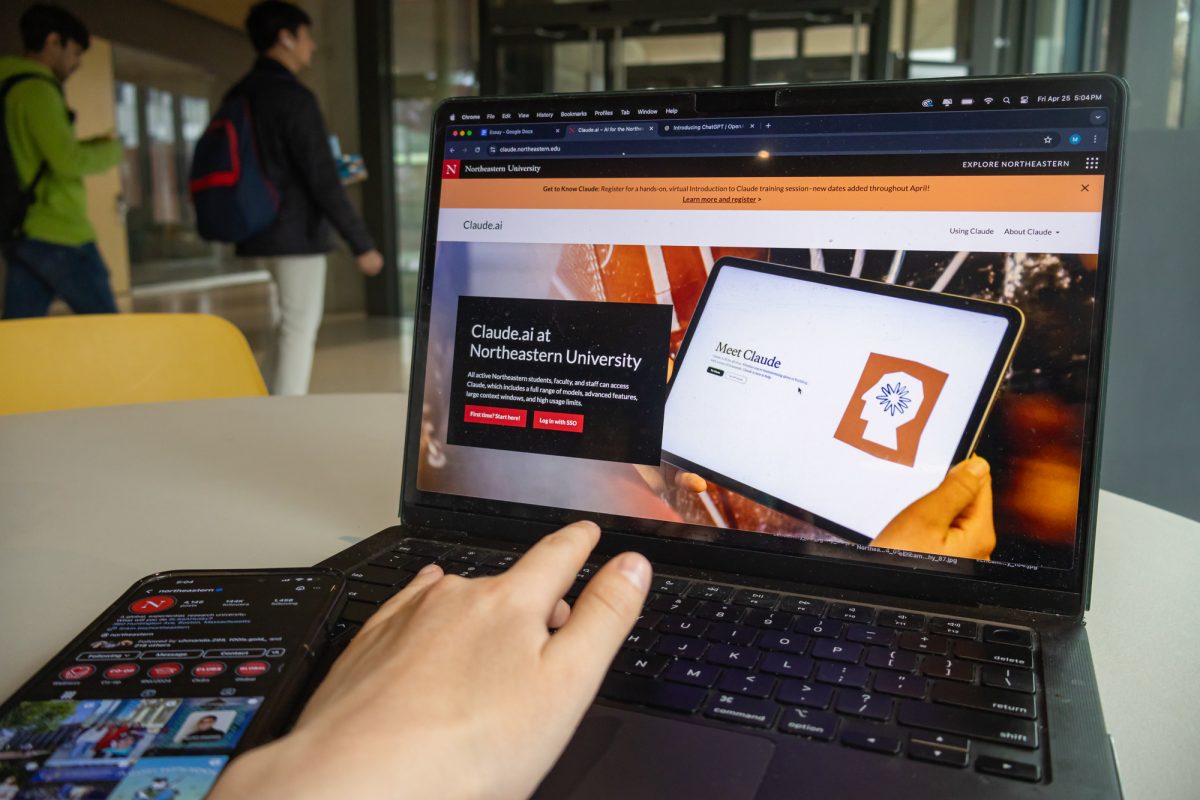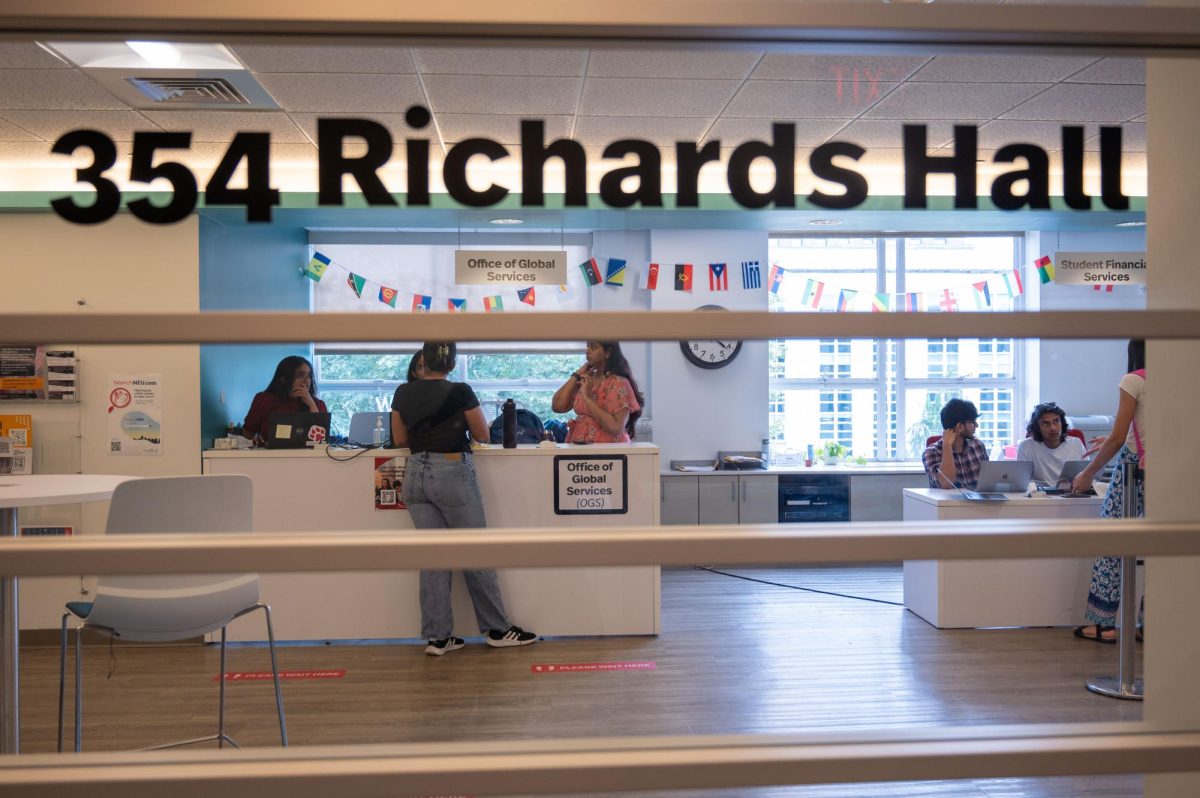By Juliana McLeod, News Staff
Cannabis, marijuana, weed, pot. Give it any name you would like. It is a drug talked about every day with the everlasting debate over whether it should be legalized. Across the country, it has created tension between federal and state laws as some jurisdictions are loosening up to its use.
The clash has intensified as states – Colorado and Washington, for example – legalized the drug against the wishes of the federal government. Federal viewpoints, such as the White House’s opinion that marijuana should not be made available to the public because it would “increase the availability and use of illicit drugs,” have not stopped voters in either state from legalizing the substance and several other states from decriminalizing it.
For businesses, this means dollar signs. Forbes reported that an eighth of an ounce of pot can cost about $70 in Colorado, which is typically more expensive than how much weed would sell for illegally. But that is the bonus of legal marijuana sales.
Starting on the first of the new year, the sale of recreational pot at licensed stores became legal for buyers 21 and over in Colorado. Customers can purchase up to one ounce of marijuana at some three dozen pot stores, 18 of which are located in Denver, according to the National Organization for the Reform of Marijuana Laws (NORML).
Recreational marijuana was approved by a 2012 referendum, which 55 percent of Colorado voters supported, though there was a catch. Buyers must pay a 25 percent tax as well as Colorado’s regular sales taxes. And these steep taxes make a difference.
A few days into January, the Wall Street Journal, Huffington Post, Chicago Tribune and other media organizations blared about total sales of recreational marijuana purchases on Jan. 1 from Colorado stores. The amount? Over $1 million.
Will this benefit Colorado’s economy? Probably.
The Denver Post reported that the first $40 million made from weed taxes will go toward the building of schools.
CNN, on the other hand, reported that only the first $27.5 million will go toward school construction. Either way, a portion of the tax money is going to the education system, believe it or not. That is quite the phenomenon: the more ganja that is sold, the more schools will be constructed.
Students will be educated in newer and better schools, thanks to drugs. Not a statement you ever thought you would hear, is it?
But will legal marijuana in Colorado make use of the drug more culturally acceptable in the state?
Again, probably. It seems Colorado is becoming a state that is no longer debating whether to make weed a day-to-day possibility, but taking action to ensure that it is.
Marijuana-selling stores must complete what CNN calls a “lengthy licensing process” before selling to customers, but as time goes by, more and more stores will be opening their doors to customers. Even if a buyer is not from Colorado, they can still purchase up to a quarter ounce of pot (Colorodans can buy a full ounce). The main restriction toward customers only holds that the buyer must be 21 or over.
So the steps have been made to adjust Colorado to the future of marijuana. Though the first day of sales was extraordinary, there is no guarantee as to the impact the sales will have later in the year.
What is in store is unpredictable. Pot sales could boost the economy or break wallets. They could permit the construction of schools or introduce drugs to younger kids. They may spread the legalization of marijuana across the country or stall it further.
Now, will the country follow the lead or push back against the movement?
–Juliana McLeod can be reached at comments@HuntNewsNU.com.








